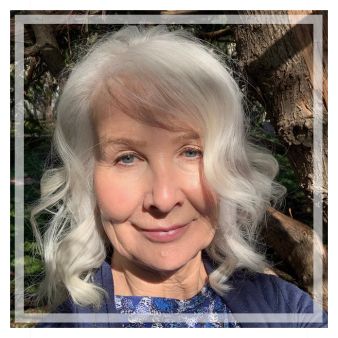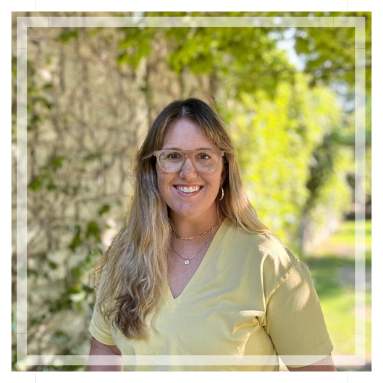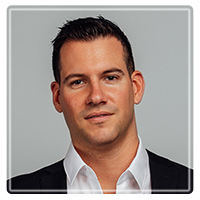
Eating Disorder Counsellor
Janine Hopkins, HBSW,MSW,RSW
Registered Social Worker/Psychotherapist
In P7B 5T2 - Nearby to Neebing.
I have engaged in supporting clients with problematic overuse of food, and have worked with numerous approaches to delay gratification, explore the role a addiction, dopamine , examination of the impact of family of origin food culture, and consideration of food as medicine/drug. We tend to find food is used to compensate for boredom, loneliness, hurt, and emotional emptiness. Learning to differentiate between emotional hunger and real hunger is important, and can help in addressing the real problem.

Eating Disorder Counselor
Tanya Beach, RP (Qualifying)
Registered Psychotherapist (Qualifying)
Available for Online Therapy
While I do not offer support for eating disorders, at Psychotherapy Collective, we have other therapists who are well positioned to support you. Eating disorders are not really about food. They involve complex emotional issues that have significant impact on ones physical, emotional and social health. If you are preoccupied with your weight, focused on body image, size, or shape, compelled to perform specific rituals around food, obsessive about food, or deem foods as “safe” or “unsafe” to eat you may be engaging in disordered eating. Schedule a free 15-minute consultation with a member of our team today https://www.psychotherapycollective.ca/our-team

Eating Disorder Counselor
Donald Hill, M. Div., M. Th., RMFT, RP
Registered Psychotherapist
Available for Online Therapy
While I do not offer support for eating disorders, at Psychotherapy Collective, we have other therapists who are well positioned to support you. Eating disorders are not really about food. They involve complex emotional issues that have significant impact on ones physical, emotional and social health. If you are preoccupied with your weight, focused on body image, size, or shape, compelled to perform specific rituals around food, obsessive about food, or deem foods as “safe” or “unsafe” to eat you may be engaging in disordered eating. Schedule a free 15-minute consultation with a member of our team today https://www.psychotherapycollective.ca/our-team

Eating Disorder Counselor
Kevin Fleming, Ph.D.
Coach/Change Agent/Consultant
At Home or Private Discreet Intensives
While most eating disorder issues are treated by cognitive behavioral methodologies or specialized outpatient/inpatient programs, Grey Matters International and the work of Kevin J. Fleming, PhD provide relief first and foremost for the brain of one suffering from an eating disorder----without giving them medication. We believe that the neural circuitries responsible for the compulsive behaviors with eating are not necessarily only a neurotransmitter issue but of overused neural networks that affect the harmonization, balance, and decisions of the whole brain. Contact kevin@kevinfleminphd.com or 877-606-6161 to learn more about this safe and effective alternative.

Eating Disorder Counselor
Steve Rose, PhD
Addiction Counsellor
Available for Online Therapy
I help clients overcome addictive relationships with food. Like all addictions, the behavior is the tip of the iceberg, used to cope with underlying thoughts and emotions. Through collaborative conversations, clients gain insight into underlying concerns, gaining coping skills to more effectively navigate these issues. I draw on Acceptance and Commitment Therapy (ACT) and Motivational Interviewing (MI), helping clients achieve a sense of freedom and control over their lives, leading to long-term change.

Eating Disorder Counselor
Sara Sherstobitoff, RP
Registered Psychotherapist
Available for Online Therapy
While I do not offer support for eating disorders, at Psychotherapy Collective, we have other therapists who are well positioned to support you. Eating disorders are not really about food. They involve complex emotional issues that have significant impact on ones physical, emotional and social health. If you are preoccupied with your weight, focused on body image, size, or shape, compelled to perform specific rituals around food, obsessive about food, or deem foods as “safe” or “unsafe” to eat you may be engaging in disordered eating. Schedule a free 15-minute consultation with a member of our team today https://www.psychotherapycollective.ca/our-team
